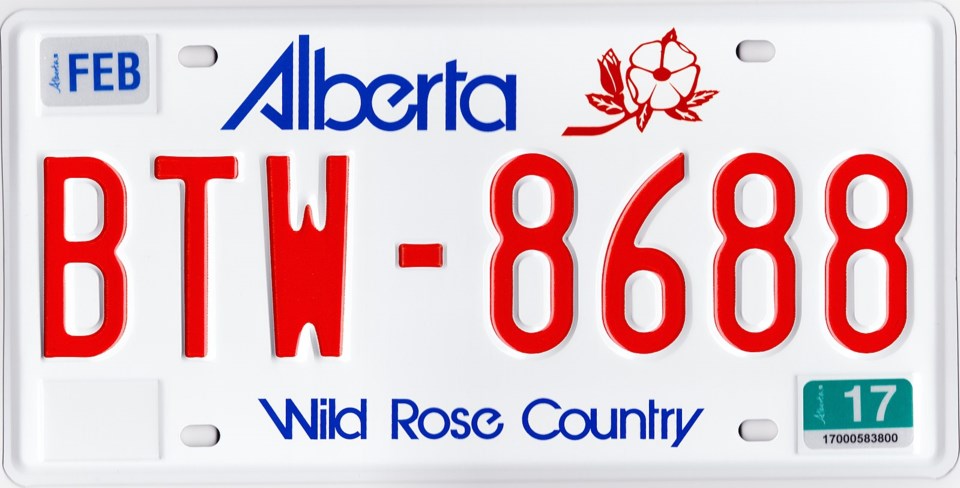The results of the federal election do not bode well for the relationship between the BC NDP government and its counterparts in Alberta and Saskatchewan.
While the relationship with Alberta was shaky before the election, there is a good chance things will may deteriorate even further.
That is because Alberta and Saskatchewan find themselves isolated and their leaders have angrily lashed out against the rest of the country and the still-ruling Liberals.
Alberta Premier Jason Kenney said the election outcome left Albertans feeling “betrayed” and warned darkly of the perils to national unity if his province’s oil sands industry does not get more support from government.
He railed against what he called the “green left” in the country, which happens to represent about 60 per cent of the voters (and even 30 per cent in his own province). While there seems to be a growing consensus across the country that urgent action is needed to tackle climate change, Alberta and Saskatchewan both remain outliers on that subject.
The election results could not paint a starker picture of not only a rural/urban divide in this country, but also of a profound divide between Alberta and Saskatchewan and the rest of the country. There are no Liberal MPs between Coquitlam and Winnipeg.
The two provinces backed a political party that was decidedly rejected by much of the rest of the country. Over time, the feelings of political alienation there may become strongly entrenched.
The frustration and anger that seems to exist among some Albertans is evident on social media, and I got a first-hand look at it when I tweeted last week that the province was out of step with the rest of the country when it comes to public opinion and that it should “grow up.”
Harsh language, I suppose.
However, when talk of threats to national unity and a condemnation of efforts to deal with climate change begin bubbling up out of a province simply because the rest of the country voted completely differently, things can get rough.
Moreover, my tweet generated an avalanche of responses: 158,000 “impressions,” which included almost 1,100 people “liking” it. Of course, dozens and dozens of apparent Albertans vented their fury at me as well.
Their responses (some of which were filled with vitriol) fell along three lines of argument: their province is suffering economically because of the lingering downturn in the oil/gas sector, the rest of the country should change its attitudes towards that sector, and that somehow, Justin Trudeau is to blame for everything.
Underpinning much of the commentary was an assumption that the rest of the country had to change its positions to meet Alberta’s concerns, and not the other way around. The strong role Alberta played in driving the national economy for many years was not lost on people either.
There was also evidence of a concerted effort by the far right to drive the “conversation” on Twitter by using apparently fake bots and trolls to attack me, sometimes in threatening language.
Charming Twitter handles such as “SnaggleToothRedneck”, “PrairieRosey”, “Colderday 215”, “GingerLongcard”, “Graderdad”, “SpikesMom”, and – my favorite – “GrandmaLovesTrump” crawled into view to lash out.
The anonymous attacks are a favoured tactic of the alt-right, and I have seen similar examples of them before.
However, back to the B.C. government’s relationship with the Prairie Provinces.
The BC NDP supports a carbon tax – loathed by Kenney and Saskatchewan Premier Scott Moe – and has recently unveiled an ambitious climate action plan. It continues to oppose the Trans Mountain pipeline, although it is not really doing much to thwart it.
B.C. Premier John Horgan, meanwhile, is undoubtedly delighted to see Trudeau remain prime minister, as the two politicians have developed a strong political bond that so far has meant good things (such as federal dollars for infrastructure) for B.C.
In other words, there is not much there for Kenney and Moe to like. As they inevitably drift away from the other premiers who do not share their views, they will likely find the gulf between themselves and the B.C. government widen as well.
Keith Baldrey is chief political reporter for Global BC.



